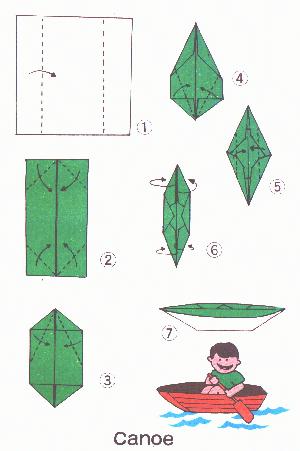I spent a little more time than usual introducing meditation for the new girls, and for a reminder for the returning girls. I told them about sitting as if they were holding a bowl of water, that as they sat still the water would become still. They were still a bit restless, so I softly reminded them to hold their bowl still so the water would be still. After the meditation we talked about what that was like. One or two mentioned being distracted by sounds, and that having instruction during the meditation was a distraction. I told them we could do more instruction about how to meditate with sounds in the future.
I introduced the concept of the paramitas with the song we sing as a whole group about getting to the other shore: "Why don't you try a little paramita/ There's nothin' sweeter than a little paramita/ I know ya wanna git to that other shore/ But don't think about it, just paddle your oar..." I also shared the definitions commonly used: virtues, or perfections. A lot of times it's difficult to translate these ancient Buddhist words like paramita. I didn't want them to think you have to be a perfect person to practice the paramitas. That's why I like the song. It refers to the literal translation: cross over to the other shore, and the song also refers to the idea that we just do that practice, don't worry so much about actually getting to the other side.
Definition from the translation project here:
paramita. 'Perfection'. The paramitas are the framework of the
bodhisattva's religious practice, usually consisting of six categories, sometimes ten. The six are the perfection of charity (dana), virtue (sila), perseverance (kshanti), vigor (virya), meditation (dhyana) and wisdom (prajna). The ten paramitas include the six with the addition of the perfection of skillful means (upaya), vows, powers, and knowledge.
I asked the girls if they have ever been in a canoe, or a small boat. We had a lively discussion that helped me flush out the metaphor of the paramitas as a means to navigate the river of life. All the girls had been on a small boat or canoe, so they knew what they were talking about. One girl grew up on a river and was quite familiar and comfortable with canoes. (skill, practice) Another was afraid during her experience. (unfamiliar territory) It looks different out there on the water. (you have to pay attention, it's uncertain out there, you want to get back to the shore) You have to paddle. You have to drive. White water rafting. (you need to be really skilled for that)
Thinking of the paramitas as a canoe or a boat that helps us to get to the other shore, it helps us navigate the water, the more we do it the more skilled we get, and the less scared we are, it helps us with the whitewater. I mentioned meditation as one they already knew about, and dana, or generosity, would be the one we talked about next time. Also by way of introduction I wanted to share some properties that the paramitas share. I got these from Living Kindness by Don Altman (who turns out to be a Portland resident). I was able to relate these properties back to our discussion of the canoe. (In some ways this book is simple in it's understanding of the paramitas, and at times has more of a prescriptive Theravadan view than a Mahayanan interpretive view, but it's simplicity makes it good for ideas for instructing kids.) The properties shared by the paramitas:
- Each ancient principle illuminates and possesses all ten principles.
- Each principle purifies and strengthens our spiritual growth.
- Each principle awakens us to the way things really are.
- Each of the principles transforms and empowers. (they help us navigate toward better choices)
- Each ancient principle raises and broadens our conscious view.
For our activity, after all that talk of canoes, I had an easy origami of a canoe for them to make.

No comments:
Post a Comment